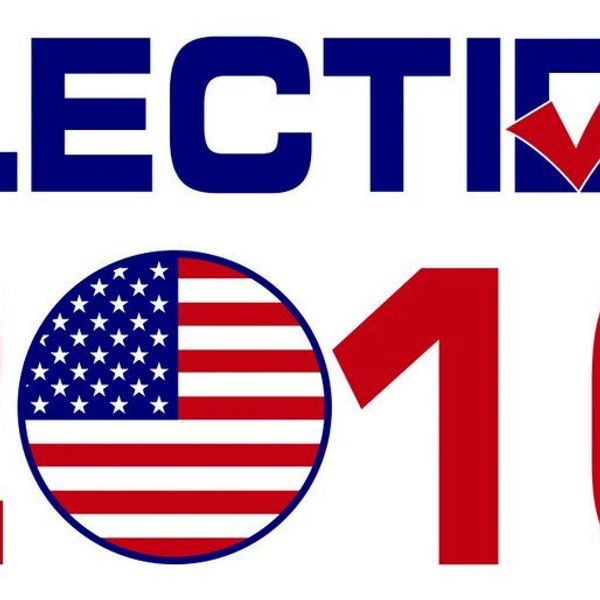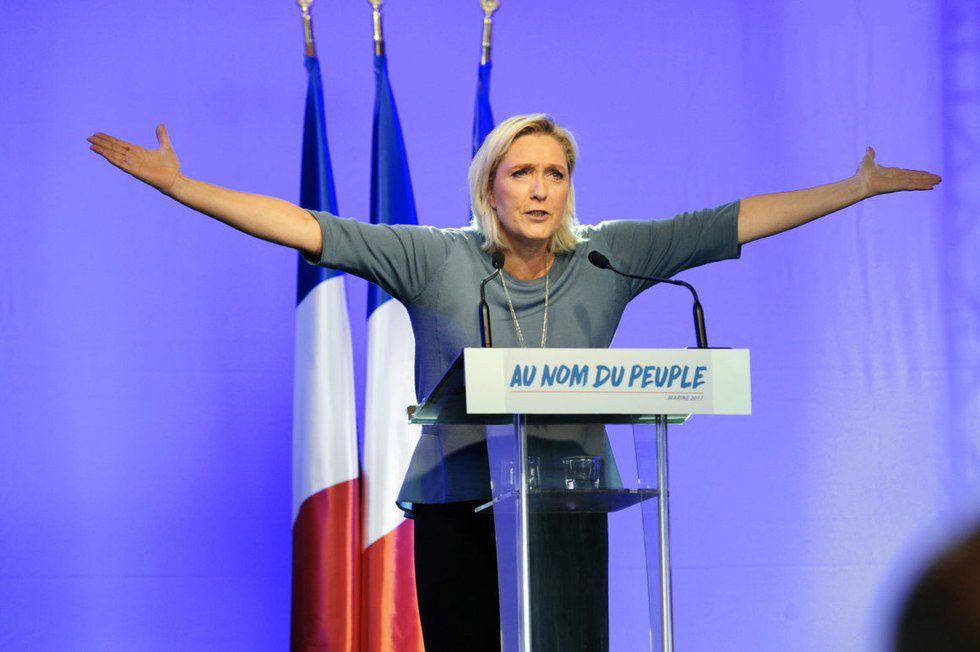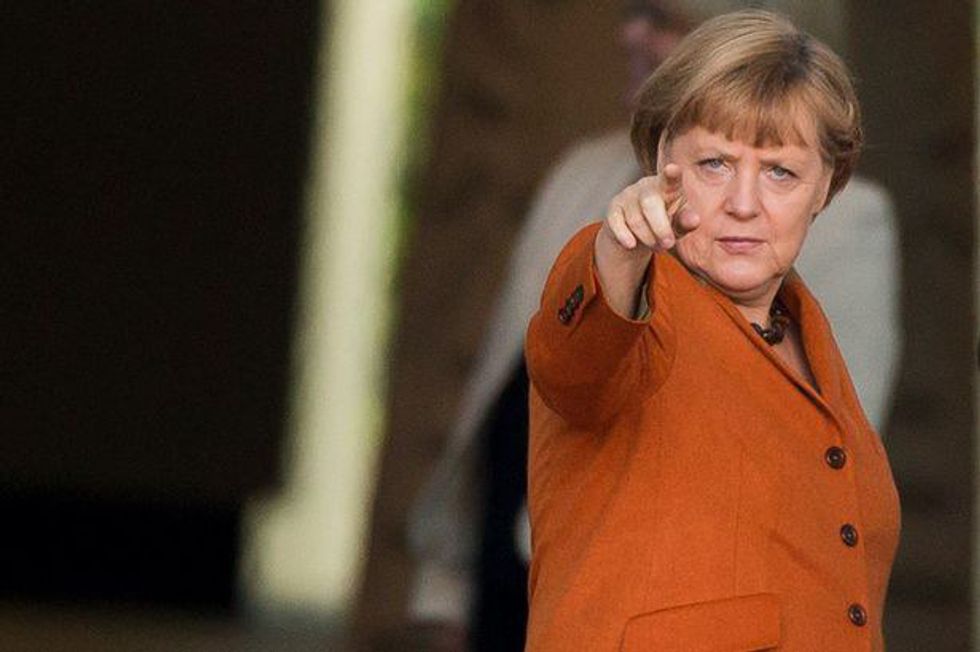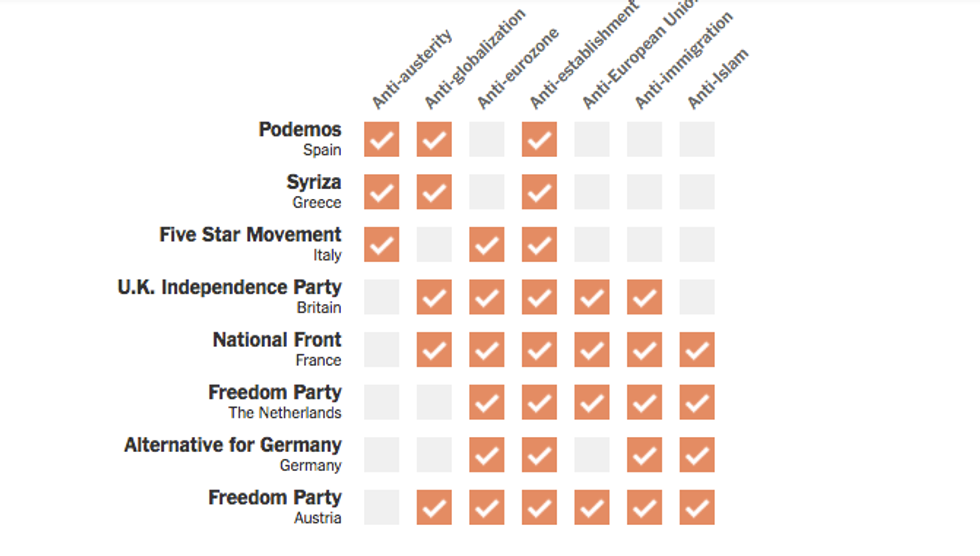President-elect Donald Trump will face a world in transition when he is inaugurated in January. There are issues in every geopolitical theater across the world that the U.S. has strategic interests in. From the hell that is Syria and the battle for Mosul in Iraq, the foundational crises of Europe, to the geopolitical chess game in the East Asian seas, the U.S. faces issues that will affect the world for decades. As the future President, Donald Trump will be at the helm of many of these decisions. Over the next few articles, I will attempt to illuminate these issues and explain their significance. This week, I’ll conclude my series on Europe by talking about the rise of the far-right.
Political parties on the far right have been on the rise for some time in Europe. Each of these parties is from different countries and has its own calculus as how to gain power. Yet they all share common themes: restrictions on immigration, restrictions on migration within the European Union, skepticism on EU integration, anti-establishment sentiment, and xenophobia. From the edges of Europe in Austria, Slovakia, and Greece, to the continent’s heartland in Germany and France, far right conservatism is becoming popular. Several national elections will be held throughout Europe in 2017 and these parties are more emboldened than ever with the passing of Brexit and the upset victory of Donald Trump. What used to be at the fringes of European society is now becoming mainstream.
So let’s take a marathon run through Europe. Perhaps one of the most infamous far right politicians is Marine Le Pen, of the National Front Party of France.
"On behalf of the [French] people"
She is the daughter of Jean-Marie Le Pen, founder of the National Front, and a so-called Eurosceptic. She is actually seen as more moderate than her father and has worked to soften the image of her party. For example, she did not actively oppose the legalization of gay marriage in France and has disassociated her party from anti-Semitic groups and Nazi sympathizers. Yet her platform remains deeply nationalist and xenophobic. She is an advocate of leaving the Eurozone and the EU and withdrawing from the Schengen Agreement, which would prevent other EU citizens from traveling freely to and from France. She also frequently stokes Islamophobic sentiment, which plays well in a country that has experienced terrorist attacks in recent years. Le Pen won third place in the national election of 2012 and polls show that she is a distant second for 2017. If there’s one thing 2016 taught us, though, it’s that polls can’t always be trusted. In short, Le Pen has done much to change the National Front Party, but this is simply an effort to normalize a shift of the political spectrum to the right; she is striving to upend the EU project of stability in favor of something far more nationalist and unstable.
Over in The Netherlands, a parliamentary election will be held next year. The country’s parliamentary system is fragmented, split among several political parties. This means coalitions are necessary to govern, since no individual party ever maintains the number of MPs necessary to rule. This theoretically provides protection against a far right coalition, but that only works if enough MPs from center and center left parties are elected, which is not guaranteed. The current governing coalition of Israel is an excellent example of this. Mark Rutte is the leader of the Freedom and Democracy Party in The Netherlands, the largest party currently sitting the Dutch parliament. As such, he is also the Dutch Prime Minister, but Geert Wilders of the far right Party for Freedom is making moves on him.
Wilders is even more vocal on anti-Islam sentiment that Marine Le Pen and explicitly calls for Islamophobic policies like the banning of mosque construction in The Netherlands. The party at large has advocated for registering citizens according to ethnicity. Like Le Pen, Wilders has also called for leaving the EU and to ban immigration from Muslim countries (do you see a pattern??). Geert and the Party for Freedom represent a dangerous, very explicit turn to the right for The Netherlands and they are currently dominating in the polls. While the need to build a coalition with other parties is a safeguard, it is only as effective as how well other parties do in the election.
Germany will also have parliamentary elections soon. The date is yet to be decided, but German law says it must be by October 22. This election is by far the most important one for the future of the EU.
The current Chancellor, Angela Merkel of the Christian Democratic Union, has emerged as the leading proponent of the EU and is the head of state of one of the most stable, well-developed economies in Europe. She is the voice of morality on the refugee crisis hitting Europe. Under her leadership, Germany took in over one million refugees from Syria in 2015. Merkel commandeered the EU during the financial crisis of 2008 and negotiated with (read: strong-armed) the Greek government into accepting a bailout package with austerity conditions that were deeply unpopular among the Greek people. She is frequently looked upon as the one European leader with the spine and strength necessary to deal with Russia’s aggressive actions in Eastern Europe. She often states that Europe is only responsible for 25 percent of global GDP but maintains almost 50 percent of global social expenditure. Europe literally cannot afford its expansive social safety nets indefinitely, something Merkel understands and reiterates in economic summits. She prioritizes economic growth for Germany and the EU to rectify this.
A strong, independent, black woman... Wait, what?
Angela Merkel is by all means a strong leader. But she is under assault from every direction. Brexit has thrown a wrench into everything the EU stands for and she is expected to lead many of the negotiations. Greece continues to be a trouble spot and Russia actively undermines EU solidarity while becoming ever more aggressive. The refugee crisis is a special problem from hell (literary credit to Samantha Power) and her close ally in President Obama is making way for Donald Trump, a man who has openly questioned the value of a U.S.-European alliance. This is bad for a country, indeed a continent, which depends on U.S. military capabilities. You can only imagine the kind of havoc Vladimir Putin can wreak if Germany can’t rely on a Trump administration.
Back home, Angela Merkel has to contend with a far right Alternative for Germany Party, which has made gains in local elections. They now control many of the state legislatures and will compete in 2017 for national elections. If Chancellor Merkel is to deal with any of Europe’s problems, she must first win at home. Angela Merkel is in for the fight of her life and the stakes have never been higher.
The Netherlands, France, and Germany are only some examples of the new far right wave hitting Europe.
Europe has
a dark history of succumbing to the far right. Of course, Europe is not the only
place where this happens. Geert Wilders speaking out against refugees really
isn’t so different from PM Narendra Modi of India rallying Hindu nationalists
against Indian Muslims. But European stability and predictability has been the
bedrock of world affairs since the end of World War II. European stability was
the backdrop against which globalization accelerated and provided extraordinary
development throughout the world. EU integration was the core of that backdrop.
Now that core is under attack from something that has a dangerously recurring
history in Europe.
























